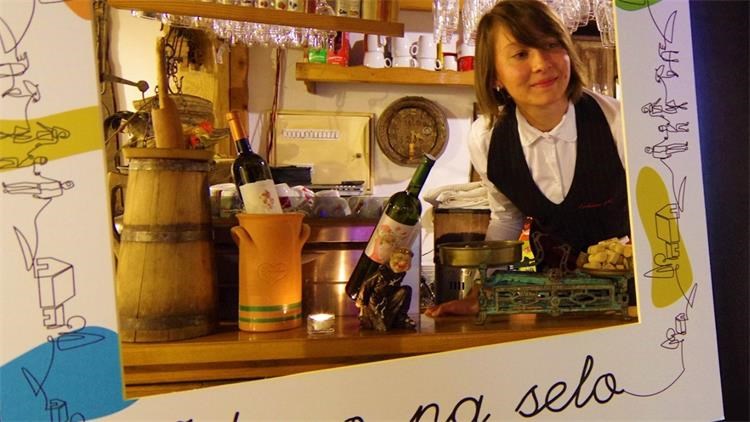Croatians think that the existing networking between tourism and the rest of the economic sector, the quality of tourism management and the inclusion of local population in its development are not satisfactory, but also that tourism does not have many negative effects, a survey shows.
The survey of views of local population on tourism was carried out by the Ministry of Tourism and Sport as part of the preparation of a strategy for the development of sustainable tourism for the period until 2030. It covered 1,166 respondents from all counties and the City of Zagreb.
Apart from being dissatisfied with the level of networking between the tourism industry and the rest of the economic sector, the quality of tourism management and the inclusion of local people in its development, respondents also cited the problem of a labour shortage and the insufficient marketing of locally produced food and drinks through tourism.
About 33% of those interviewed said they are not happy with the state of tourism in their county, 35.3% said that the situation is satisfactory, and 51.3% described the situation with environmental protection in their county as satisfactory or very satisfactory.
Slightly over half of the respondents, or 53.4%, said that the development of tourism helps keep young people in the country, 52.2% said that tourism has attracted additional investments to their county and 53% said it has created new jobs.
Respondents also noted that tourism has prompted upgrades to municipal and transport infrastructure, and that local people and businesses have economic benefits from the tourist industry. 59% said that tourism helps increase awareness of the importance of environmental protection and 56% said that tourism encourages the protection and improvement of the quality of the environment.
A majority of those interviewed, or 75.5%, said that tourism encourages the production of local food and drinks, and a similar percentage noted that tourism also promotes the conservation of cultural heritage.
Over 64% of the respondents said they do not agree that tourism jeopardises the quality of life for the local population or that it leads to increased rates of vandalism, crime and drug abuse.
Nearly 42% said that tourism is the reason for traffic congestion and overcrowding, and 44.5% identified uncontrolled building as a problem.
Among the negative effects of tourism, respondents cited increased costs of living.
An analysis of the present situation has identified ten key challenges facing the Croatian tourism industry - seasonal and spatial imbalances, the impact of tourism on the environment and nature, the relationship between tourism and climate change, adjustment to accelerated technological change, the quality of life and wellbeing of local population, insufficient human resources, inadequate accommodation capacity, an unfavourable business and investment environment, an insufficiently effective legal and management framework, and the impact of crises on tourism and changes in tourist behaviour and needs.
(Hina)
News


